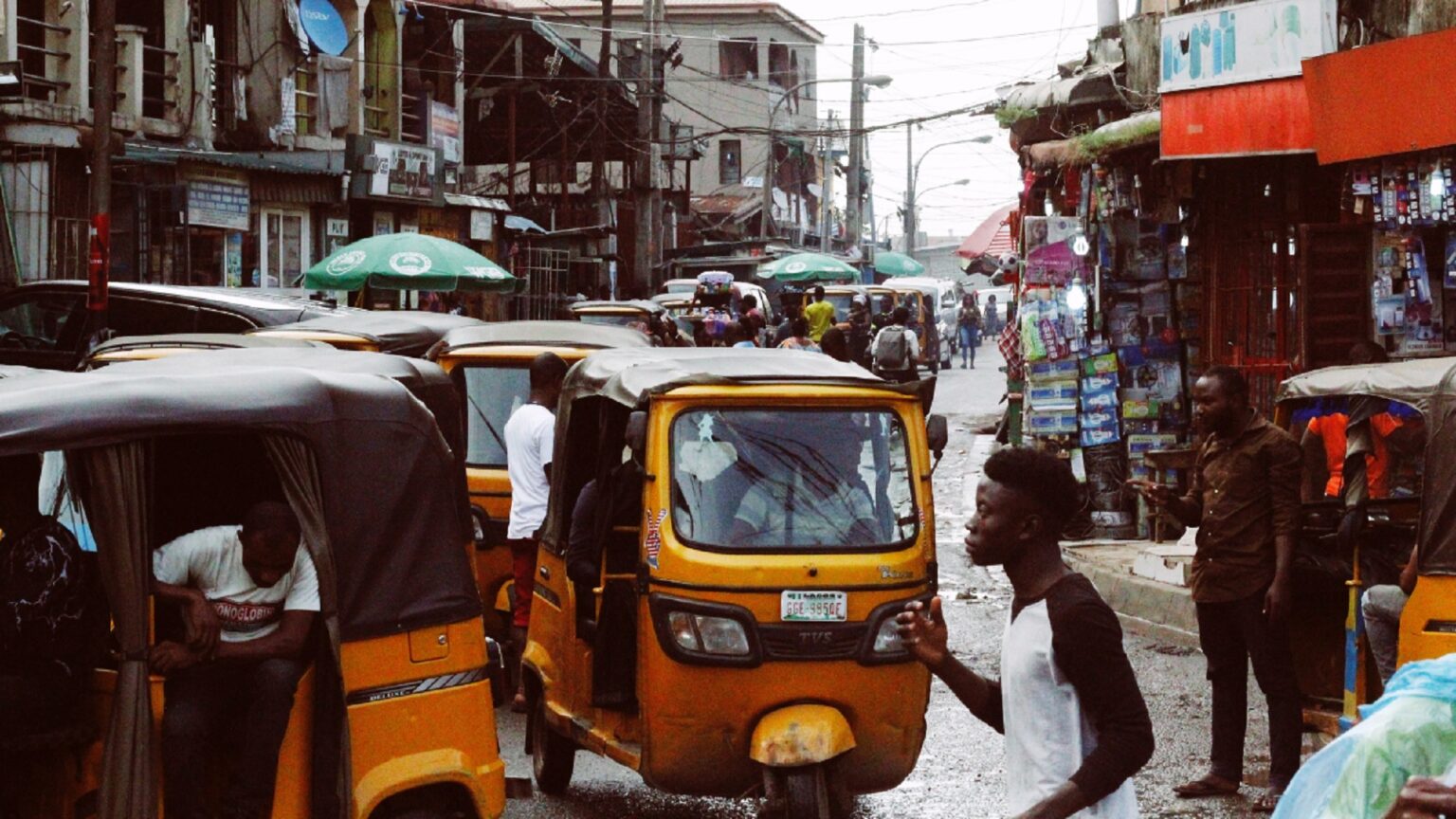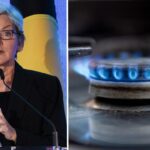Global Courant 2023-04-17 14:37:03
As Nigerians recover from the recent naira and fuel scarcity, they brace themselves for yet another disruption: the abolition of fuel subsidies, a subject many years. While some argue that it is necessary to keep fuel prices low for the average citizen, others argue that it is a wasteful expense that only benefits the wealthy. Regardless, the subsidy has become a significant drain on Nigeria’s economy, costing the government N102.5 billion monthly, keep fuel prices artificially low. Last October, Finance, Budget and National Planning Minister Zainab Ahmed announced the federal government’s plan to abolish fuel subsidies. This plan will take effect in June of this year. When this happens, the gasoline price that is currently being sold will be for N185 to N270 will increase to approximately N302 per litre.
Removing fuel subsidies is also likely to have a significant ripple effect on the economy as a whole. Transport costs, for example, are likely to rise after the elimination of fuel subsidies, which could equally lead to inflation and a decrease in the purchasing power of the average Nigerian. Following the announcement last year, the government said it would provide a monthly transport subsidy of N5,000 to 40 million poorest Nigerians for a year to mitigate the immediate effect of the subsidy being phased out.
Now the government has begun plans to pay out $800 million to 10 million households – about 50 million Nigerians – across the country as a mitigation measure. While the mitigation measure is intended to mitigate the impact of the subsidy being phased out, it is necessary to understand the reality of Nigeria’s palliative fuel subsidy – it may not be enough to improve the lives of the country’s multidimensionally poor population. country significantly.
Fortunately, the reality of Nigeria is that there are 133 million multidimensional poor Nigerians. This means that 133 million Nigerians are missing more than one essential survival need (good health, good standard of living, basic education and paid work). But that’s not the only problem. 40.1% of Nigerians are monetary poor. This means they earn less than $2.15 a day. Divided among 10 million households, the palliative amount of $800 million equates to just $80 per household.
With this amount, they can buy just 10 liters of fuel at the current price, which many Nigerians rely on for transportation and electricity generation. When the fuel subsidy is abolished, the expected increase in fuel prices will make it even more difficult for the average Nigerian to afford fuel. While the palliative measure may provide some temporary relief, it is not enough to address the long-term effects of phasing out subsidies.
According to the Nigerian government, the palliative measure will target the most vulnerable in society, as identified by the national social register, the country’s most comprehensive database with detailed information on more than 50 million poor and vulnerable citizens. However, Nigeria has a history of corruption and bureaucratic inefficiency, and ensuring the remittances reach those who need them most will be a challenge. It is important to note that the money used for this mitigation measure is one of Nigeria’s loans approved by the World Bank in 2021 to increase the coverage of Nigeria’s safety net. The government should ensure that the money transfers reach the most vulnerable in society and that measures are in place to prevent fraud and mismanagement of the funds.
While the palliative measure is a step in the right direction, it is essential to recognize the reality of Nigeria’s palliative fuel subsidy. The government should find a sustainable solution that balances the need for fiscal responsibility and ensures that the multidimensionally poor population is adequately supported during this transition. For example, the government could consider phasing out fuel subsidies over a long period and investing in alternative energy sources such as solar and wind energy.








